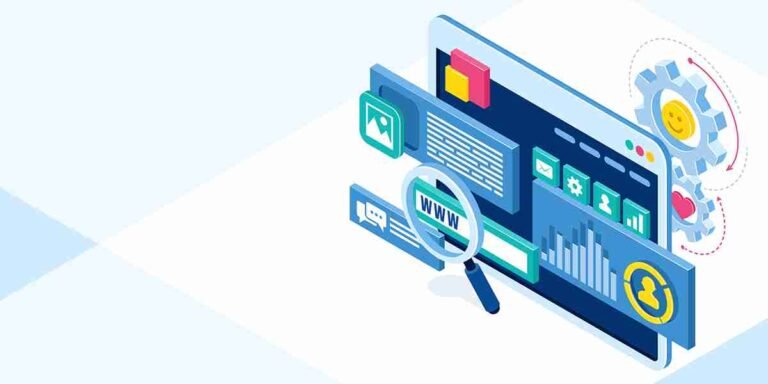How to Improve Website Speed with PHP Development

Website speed is a crucial factor for user experience, SEO rankings, and overall online success. As a PHP developer, you can leverage various techniques to enhance website performance and ensure fast loading times. This guide will walk you through effective strategies to optimize website speed using PHP.
Improving website speed is essential for retaining users, boosting search engine rankings, and increasing conversions. PHP, a powerful server-side scripting language, offers numerous tools and techniques to optimize website performance. Here’s how you can enhance your website speed with PHP development:
1. Use PHP Caching
- Implement opcode caching using tools like APCu or Zend OPcache to store compiled script bytecode.
- Use data caching with libraries like Memcached or Redis to reduce database queries.
2. Minimize Database Queries
- Optimize SQL queries and use indexes for faster database retrieval.
- Avoid unnecessary queries by using prepared statements and stored procedures.
- Cache frequently accessed data instead of fetching it repeatedly.
3. Leverage Content Delivery Networks (CDNs)
- Use CDNs to distribute static content like images, CSS, and JavaScript across multiple servers for faster delivery.
4. Enable GZIP Compression
- Use GZIP to compress PHP responses before sending them to the browser.
- Add compression headers in your PHP scripts to reduce page size.
5. Optimize Code Structure
- Write clean, modular, and efficient PHP code.
- Remove unused code and functions to minimize execution time.
6. Use Asynchronous Operations
- Handle non-critical operations (e.g., sending emails) asynchronously to reduce page load time.
- Use PHP libraries like Guzzle for making asynchronous HTTP requests.
7. Implement Lazy Loading
- Load content, images, or database records only when needed, reducing the initial load time.
8. Utilize Efficient PHP Frameworks
- Use frameworks like Laravel, Symfony, or CodeIgniter for pre-built performance optimization features.
- These frameworks offer tools for caching, routing, and database optimization.
9. Reduce HTTP Requests
- Combine CSS and JavaScript files to minimize the number of HTTP requests.
- Use sprites for images to reduce multiple image requests.
10. Monitor and Debug Performance
- Use tools like New Relic or Blackfire to monitor PHP application performance.
- Identify and resolve bottlenecks in your PHP scripts and server configuration.
11. Upgrade PHP Version
- Use the latest stable version of PHP, as newer versions provide better performance and security.
12. Optimize Session Management
- Store session data in-memory using tools like Redis to reduce read/write latency.
13. Adopt Best Practices for File Handling
- Compress uploaded files and manage temporary files efficiently.
- Avoid excessive file I/O operations during runtime.
Improving website speed with PHP development involves a combination of efficient coding, server-side optimizations, and leveraging modern tools and techniques. These measures ensure a fast, smooth, and reliable user experience for your visitors.














